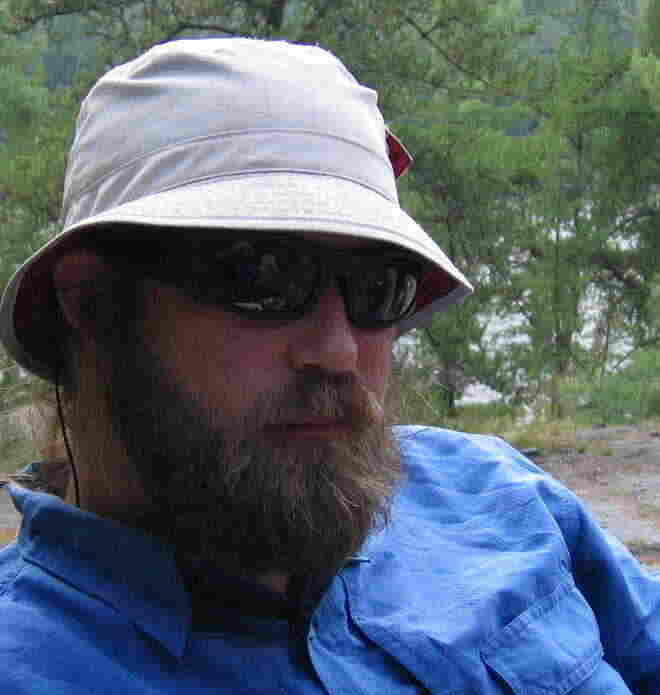Chris Asked Me a Question
I am guessing the question you are seeking an answer to is the last sentence, "Why would an all good God make us free to [choose evil]?" I assume that this question was meant to be addressed in an academic fashion, confined to the narrow context of critiquing Augustinian Theodicy and its tenants, base assumptions, development, etc., but your answer, no offence intended, is an attempt to take up and actually answer the thing.
I have never read the book and won’t pretend to be able to address the academic issues at hand. However, I come to this subject with a few issues regarding concepts behind the question in general. First and foremost, to assume that there is a god, good, evil, or indifferent, is a bogus premise. It introduces magic to the discussion, making anything and everything possible. Who decides what the magic powers of god are? It is ridiculous, although it is definitely interesting and telling to examine these issues on a personal level or within a society.
Morality and reality need no god. If one chooses to understand the world through an explanatory model that includes one, or similar concepts, that is fine. I say whatever works. However, the constraints put on behavior are firstly physical, secondly emotional (as in “I cannot bring myself to do that, it grosses me out”), and social. Free will is better discussed, especially with respect to evil acts, in terms of what peoples world view is, what they are capable of conceiving and doing, and how that relates to interactions between individuals and groups. In the abstract we are free to do anything, but really our behavior is greatly constrained by forces outside our direct control and often outside our ability to understand or even notice, but not by anything magical.
A deity can be anything anyone decides it is. What is good? What is evil? Well, I think the cultural relativists are correct about it…it depends. They are big concepts that differ and change from place to place and over time. What does it mean to be a good god and how can people know what a god would think is good? It is a questions rooted in knowledge that is unattainable; mostly because it is make believe (cue Mr. Rogers)
Lets take a quick trolley ride to the land of make believe. Why does King Friday XIII let that witch Lady Elaine continue to exist when witchcraft is the evil work of the devil? Is the king good and what does that mean? How can he be careless and unthinking so often and still be good? Are withes really aligned with the devil and is that an evil that should not be tolerated? To all that I say: For fucks sake they are god damn puppets! They are not real and we just pretend that they have ideas and take actions, so the questions are meaningless. My answer to your question is essentially the same, trite though that may be.
Why would an all good God make us free to choose evil? Dude, god is not real. People decide what a god is, what powers they have, how they interact with the world, and people decide what is good and evil then pretend that the deity is the source of these things. The question is meaningless because the underlying premise is false (or at best useless). Philosophizing about such matters leads to a lot of hypothetical nonsense that in the end comes with the caveat that there is no god anyway and even if there were there is no way to know it. Let’s talk about what a good god means and how that idea works and who uses it and why. Those are the parts of the question that have meaning.
Sorry Chris, I am way too much of a secular humanist to go very far down the religious philosophy road. I may have mentioned this before, but I think it is hard enough just trying to figure out what is and isn’t, good and bad are judgments I would rather not get into.

